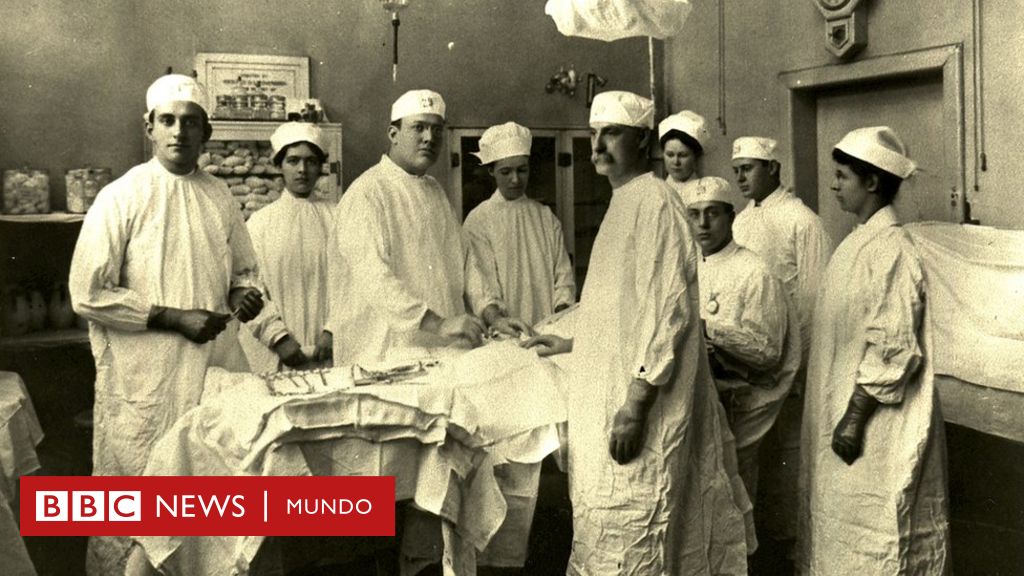The annoyance is great: After the renewed bankruptcy of the Ingelheim clinic, several companies are on open bills. But the city and the insolvency administrator are tied.
The companies are in great trouble – but the hands of the city and the insolvency administrator are tied.
(Archive photo: Thomas Schmidt)
INGELHEIM – For Lars Jörgens it’s a “slap in the face”. His company “TKW Gebäude-Service” worked for three days in the Ingelheim clinic, cleaning windows, frames and ceilings. The company was supposed to receive 8,559 euros for this – but to date “TKW” has not received a cent. The company’s open invoice is not an isolated case. This is confirmed by the Cologne lawyer Dr. Mark Boddenberg from the law firm Eckert, which is responsible for the bankruptcy administration.
“TKW” managing director Jörgens describes it as a “strong piece of what happened there”. At the end of October and beginning of November, his employees carried out the commissioned cleaning. A week later, on October 8, the company billed for the service. Because no payment was received, “TKW” sent two reminders one after the other. Only then did the company from Nauheim in southern Hesse receive the information: The clinic is insolvent. “We were totally surprised,” says Jörgens.
Jörgens: “In good German: It’s a mess”
For him it is incomprehensible that those responsible at the clinic have a service carried out “with the knowledge that one is on the verge of bankruptcy and is insolvent”. Jörgens becomes clear: “To put it in good German: It’s a mess!” In addition, he cannot understand how the city of Ingelheim, as the sole shareholder, “leaves the companies out in the rain”. “A very questionable business practice of the city and the hospital society, to have everything cleaned to a shine first and then not to pay the bills,” complains Jörgens. For a medium-sized company like “TKW” in particular, it is even harder in these already difficult times to possibly be left with the costs.
“Weimer Service GmbH” also has this fear. The company is located in Mainz-Hechtsheim and has been looking after the clinic for years in matters of heating, ventilation and sanitary technology. When the Ingelheim clinic set up a corona station on April 1st, employees from “Weimer” were also involved in the renovation work. At this point in time, CCare AG from Darmstadt was the sponsor. “Weimer” managing director Andreas Heß is annoyed that the bill of almost 40,000 euros has not been paid to this day: “The work was done, the politicians celebrated – and the craftsman has not received any money.” Because CCare too as is well known, failed and withdrew.
Heß is particularly annoyed that the clinic has received earmarked grants for the Corona station from the state: “We wonder how these funds were used?” The company contacted the Ministry of Health. There it said: It was unfortunate that CCare received the grants and withdrew shortly afterwards. The Mainz company was recommended to contact the following sponsor and specifically to Lord Mayor Ralf Claus, reports Heß. Grants were also paid out during this time. But a letter from his company has not yet been answered. “In an extremely difficult time, we set everything in motion to carry out the work quickly,” says Hess angrily. “In the end, we are told by the insolvency administrator that there is no money available and that politics cannot do anything. As a precaution, the city of Ingelheim does not react at all. ”
At the request of this newspaper, the city administration declares that “alleged claims in the lower five-digit range are being asserted by a supplier”. The supplier’s contractual partner is the hospital company. “The city of Ingelheim, as a partner in the hospital company, is not liable for the hospital company’s liabilities under the law,” says the city administration. For this reason, the city will not pay the amount. That means: the city is not in debt to settle the outstanding bills.
Nor is it possible for the insolvency administrator to pay for work carried out before October 7th, says lawyer Boddenberg. Settling older bills is prohibited by bankruptcy law. “We would make ourselves a criminal offense,” he explains. There is no question that this is unsatisfactory for the companies concerned. However, they do not have to forego their income entirely. On January 1, 2021, all creditors will be asked to report their outstanding invoices. In the context of the so-called total enforcement, the assets are distributed among the creditors. As a result, the companies will probably not receive the full amount, but at least a part.
– .


